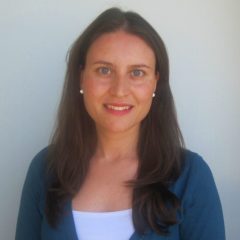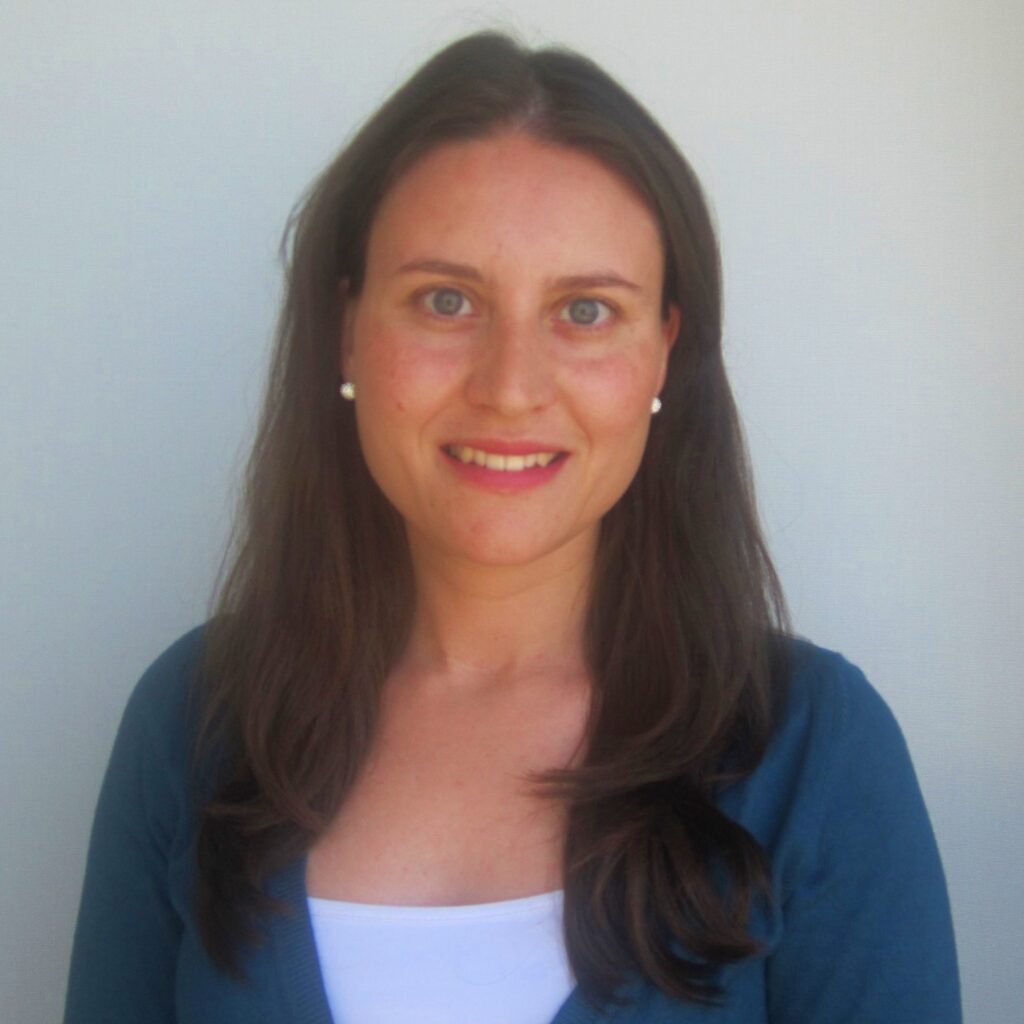

Researcher
Cristina Calheiros is Environmental Engineer and holds a PhD in Biotechnology. She is researcher at CIIMAR, coordinator of CMIA Vila do Conde, Professor at University of Saint Joseph-Macau SAR/China and University of Porto, and European Climate Pact Ambassador. She is vice-president of ANCV-Portuguese National Association of Green Roofs and board member of APRH-Portuguese Association for Water Resources (north region). Her work focuses on the development of nature-based solutions towards sustainability of territories and as tools for climate change adaptation and mitigation, and promotion of ecosystem services. Also dedicates to management and valorization of water and solid waste, based on circular economy approach though phytotechnologies, phytoremediation, environmental education, integrative productive practices, tourism and rural development.








